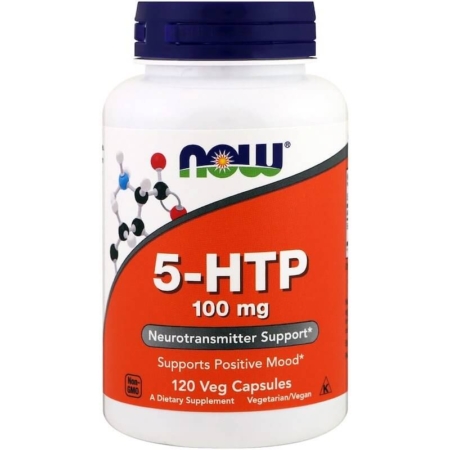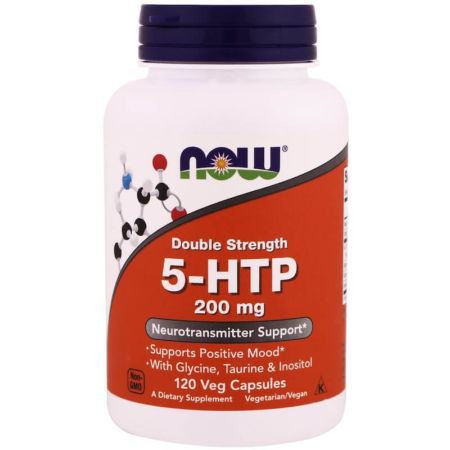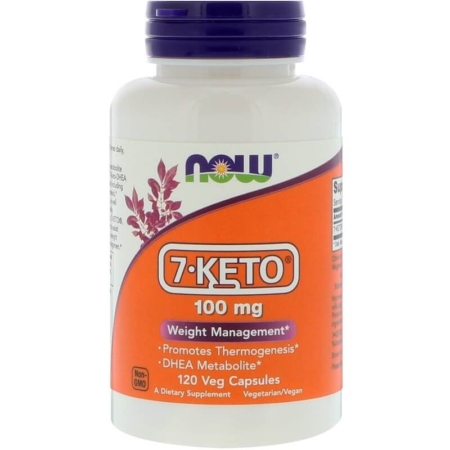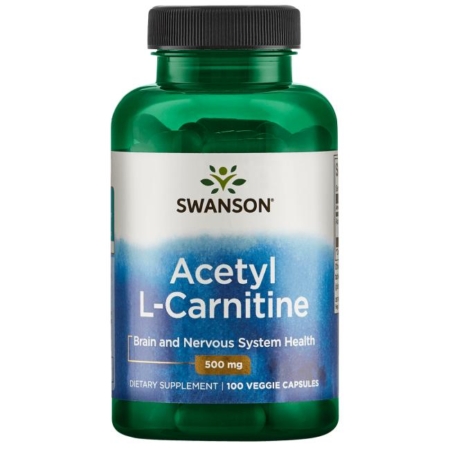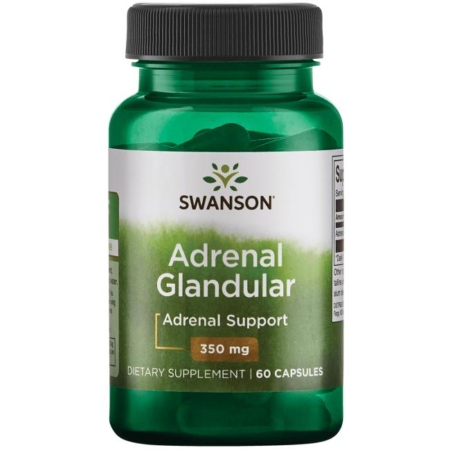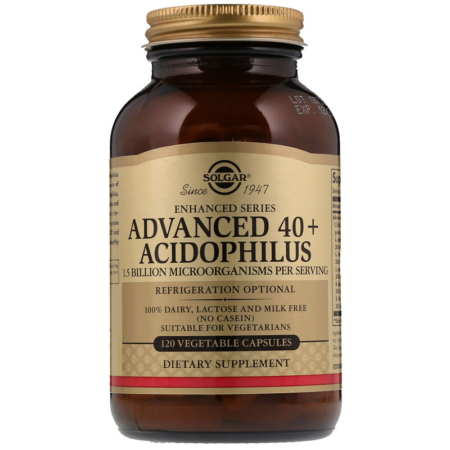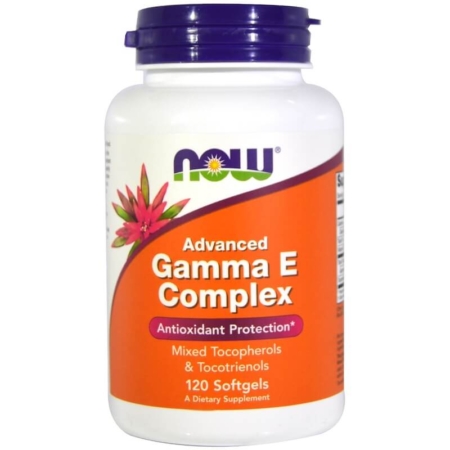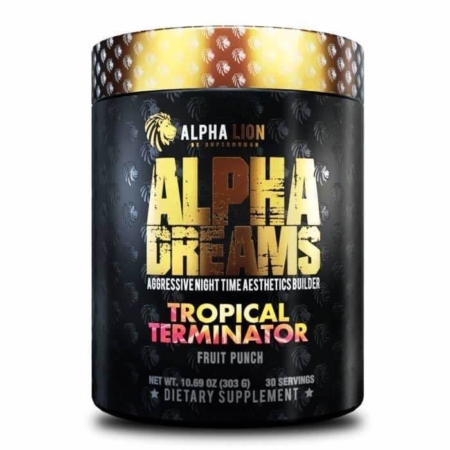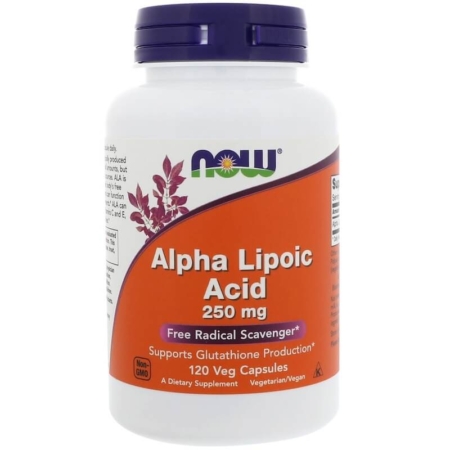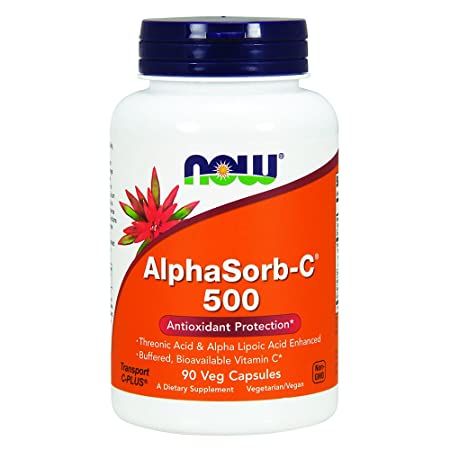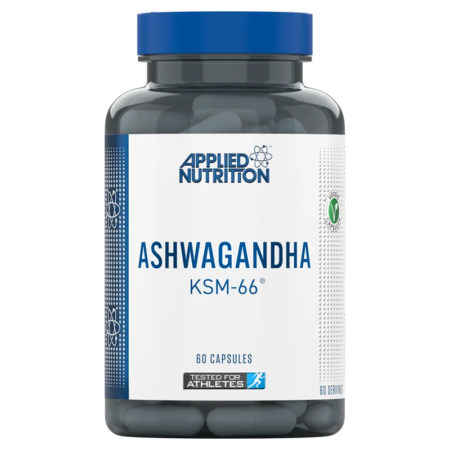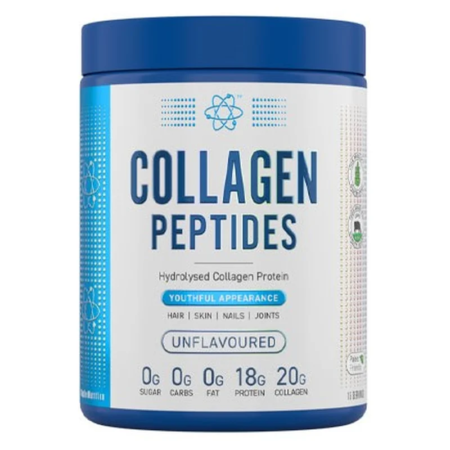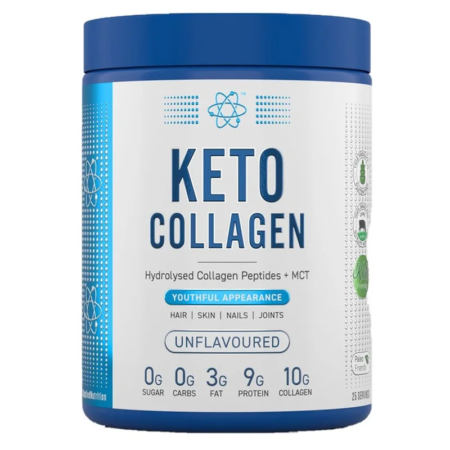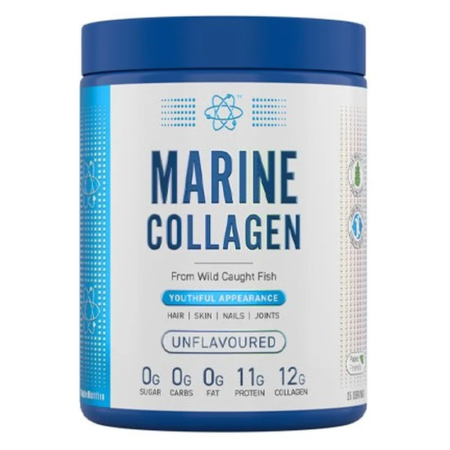Buy Vitamins Online – Vitamin D3, Vitamin B12, Vitamin C and Co.
Vitamins – Vitamin D3, Vitamin B12, Vitamin C and Co. are organic compounds that are needed for vital functions in our body, for example for wellbeing and health, as well as growth. But some vitamins also play an important role in sports. Weightlifters, bodybuilders, and other athletes and fitness enthusiasts benefit from a balanced supply of vitamins to prevent exhaustion, improve iron absorption, and accelerate wound healing. As the human body cannot produce most vitamins, you should ingest enough vitamins through a balanced diet and with the help of vitamin supplements. Above all, SOLGAR and NOW FOODS offers a wide range of vitamin supplements in the form of vitamin tablets, vitamin powder or vitamin capsules. No matter whether it is multivitamin tablets, preparations with B-complex vitamins, or special vitamins for women or men – with us you will be sure to find the right vitamin supplement for you!
You can find more information about vitamins in the following sections: What are vitamins and which functions do they perform in the body? Moreover, we will explain what the difference between fat-soluble and water-soluble vitamins is, as well as the difference between vitamins and provitamins. Also, what is meant by the term “vitamin deficiency” and which are the best foods to ensure an adequate supply of vitamins for human beings? And of course we will tell you which vitamins are especially important for athletes.
More information about this…
What are vitamins?
Vitamins were discovered in the 19th century, as a group of substances that could cure deficiency diseases. Accordingly, these substances were named with the prefix “vita,” meaning “life.” Scientifically speaking, vitamins are complex organic compounds that the body requires for various vital functions. For example, they control or support certain metabolic processes.
However, humans cannot synthesize (produce) vitamins themselves and therefore have to ingest them with their food – either as chemically complete vitamins or as provitamins. Provitamins are precursors that are converted into the active form in the body. By the way, the only exception to this is vitamin D, which the body can actually produce in the skin as long as there is enough sunlight.
Fat-soluble and water-soluble vitamins
Overall there are 13 vitamins in the body: 4 of those are fat-soluble, and 9 are water-soluble. Vitamin C, the B vitamins (except B12), and folic acid belong to the group of water-soluble vitamins. These vitamins cannot be stored in the body, which is why they have to be ingested every day and the body is not able to compensate for a deficiency for long. Water-soluble vitamins are converted into coenzymes in the body and contribute to the body’s energy generation as well as to the regulation and control of bodily functions. Some B vitamins also perform tasks in cells.
Vitamin E, vitamin D, vitamin K, and vitamin A belong to the group of fat-soluble vitamins. They dissolve well in fats and therefore can be found in foods that contain fats. These vitamins can be stored in the body in larger quantities (with the exception of vitamin K) and are released to the cells as needed. Fat-soluble vitamins participate in protein synthesis and protect cells from oxidation.
The most important vitamins at a glance: their functions and sources
Each vitamin fulfills particular, characteristic functions in the human metabolism. Accordingly, the body’s ability to substitute one vitamin for another is limited or else such a substitution is not possible at all. So the combination of all vitamins is important for a human being’s health and fitness. Below, we want to describe a selection of important vitamins in more detail:
The antioxidant vitamins A, C, E
Our metabolism continuously produces free radicals, which sometimes perform important functions in our body, but which can also cause detrimental chain reactions and damage to cells. The vitamins A, C, and E have an antioxidant effect and so neutralize the harmful free radicals.
- Vitamin A, also called the “eye vitamin,” fortifies our eyesight and physical resistance, and contributes to protecting the skin and mucous membranes. Vitamin A can be found in animal-based foods such as liver sausage, tuna fish, dairy products, and egg yolks. It can also be produced from the precursor beta-carotene that is found in plant-based foods like carrots, squash, and spinach.
- Vitamin C Ascorbic acid or vitamin C is a true all-rounder. The antioxidant fortifies our immune system, combats free radicals, viruses and bacteria, and it plays a large role in the recovery from many diseases. Moreover, vitamin C boosts the absorption of iron from food. Sources for this vitamin are for example acerola cherry, seabuckthorn, broccoli, bell pepper, citrus fruit, and cabbage.
Vitamin C deficiency can be dangerous or even fatal. In the past, sailors fell ill and died of scurvy – a deficiency of vitamin C.
- Vitamin E Good health right up until old age – you can get closer to fulfilling this aspiration with the help of vitamin E, as it is a free radical scavenger and antioxidant and thus prevents the destruction of cell walls and reduces tissue damage. Nuts, oils, eggs, and soybeans are particularly rich in vitamin E.
Vitamin D – for healthy bones and a good mood
Vitamin D – also called cholecalciferol or calciol for short – is important for healthy bones and teeth and performs important functions within body tissues. Moreover, vitamin D helps with the management of calcium reserves in the body and therefore can play an important role in preventing heart diseases. Small amounts of the vitamin can be ingested through food, or it can be produced via the skin if it is exposed to sunlight. Foods that contain vitamin D are oily fish, butter, mushrooms, and dairy products.
A vitamin D deficiency can lead to bones deformities, but also bone pains, fatigue, and depression. Since most common foods contain only very little vitamin D, and since skin exposure to and the general intensity of sunlight is only sufficient during a few months at some latitudes, many doctors recommend taking vitamin D in the form of nutritional supplements.
B-complex vitamins – for wellbeing, energy and blood lipid levels
B vitamins make significant contributions to all phases and forms of energy generation in the metabolism. A whole complex of B vitamins is involved in this – all eight actual B vitamins perform
different tasks, but the effects of the vitamins are interconnected and complement each other. Particularly important B vitamins are:
- Vitamin B1 (thiamine)
- Vitamin B2 (riboflavin)
- Vitamin B3 (niacin, nicotinic acid)
- Vitamin B5 (pantothenic acid, pantethine)
- Vitamin B6 (pyridoxine/pyridoxal) und P-5-P (pyridoxal 5’-phosphate)
- Vitamin B12 (cobalamin)
- Vitamin B15 (pangamic acid)
- Biotin (vitamin B7, vitamin H)
- Folic acid or folate (vitamin B9/B11, vitamin M)
B vitamins also have a positive effect on our mood, improve our concentration, and fortify our nervous system. Especially in times of increased stress as well as physical or mental strain we should take care to have an adequate supply of B vitamins. A deficiency of B vitamins can lead to weakness, exhaustion, losses in vitality, and increased susceptibility to infection.
Since the B vitamins (except for B12) belong to the group of water-soluble vitamins, they cannot be stored in the body. If the body is not provided with fresh B vitamins every day through the diet or dietary supplements, it can quickly develop deficiency symptoms.
Vitamin K – supports bone formation, connective tissues, and kidney function
Vitamin K plays a substantial role in the metabolism of bones and connective tissues, and in the proper functioning of the kidneys. The vitamin is important for the production of osteocalcin, which in turn is responsible for calcium absorption into the bones and therefore ensures healthy and strong bones. Vitamin K can be ingested through vegetables like kale and spinach, but also through yogurt and milk.
Supply of vitamins
If you eat a balanced and varied diet, particularly one involving a lot of fresh and plant-based foods, you are already ingesting a large dose of vitamins. However, vitamins are very delicate and can be destroyed in the cooking process. The wrong way of preparing and storing food reduces its vitamin content. And ready-made meals, especially fast food, are rather low in vitamins in general. Accordingly, it is advisable to eat some fresh fruit and raw vegetables every day.
But there are also people who have increased vitamin requirements, for example pregnant and nursing women, smokers, growing children, or athletes. If you are experiencing a continuously high level of physical and mental stress and exertion, you should make sure that your body is provided with an adequate supply of vitamins. Vitamin preparations and vitamin supplements, for example those offered by SOLGAR or NOW FOODS, can be very helpful in achieving this.
Vitamins for weight training and endurance sports
Athletes who train particularly hard and persistently need a special vitamin boost for their bodies. The constant physical and also mental strain has to be compensated for by increasing the vitamin intake. These vitamins are especially important:
Vitamin E – tissue damage reduction
Athletes benefit from the antioxidant effects of vitamin E, as that vitamin prevents the destruction of cell walls. During intensive training, torn muscles and other muscle damage may occur. Vitamin E helps to reduce tissue damage caused by strain.
Vitamin C – neutralizes free radicals and improves physical performance
During times of great physical stress, more free radicals are created. Vitamin C is an antioxidant that can neutralize these harmful substances. Moreover, vitamin C boosts iron absorption so that performance capability is increased.
B vitamins – energy for peak performance
Thiamine, pyridoxine, and riboflavin – all vitamins in the B group – easily get washed out of the body with sweat and urine. Accordingly, these vitamins can be lost quickly while exercising, which then leads to a decline in maximal strength. An adequate supply of B vitamins is essential for the increased energy requirements of athletes.
Tips on taking vitamins
As with all nutritional supplements, there are a few rules for the intake of vitamin products. We have outlined all the important tips for you below:
- Time of day: Most vitamins should be taken in the morning with breakfast, as they have a stimulating effect and provide energy for the day. Taking them in the evening could have a disruptive effect on your sleep.
- Do not take on an empty stomach: The vitamins should best be ingested with a small meal, in order to avoid causing stomach problems. Besides, especially the fat-soluble vitamins A, D, K, and E require some food to be properly absorbed by the body.
- The right combination: Women who take iron supplements should preferably always take them in combination with vitamin C to ensure optimal absorption of the iron by the body. Aside from that, other ideal combinations are vitamin D and vitamin K2 as well as vitamin K2 and calcium. Our NOW FOOD multivitamin products already contain the optimal combinations of vitamins for you.
- Regular intake: A long-term and regular intake of vitamins ensures an adequate supply in all circumstances, as well as creating positive effects down the line.
The most important vitamin supplements for athletes
Among the most popular and best-known vitamin supplements are:
Multivitamin preparations
Multivitamin products combine important vitamins in highly efficient doses. So you can cover your daily requirements of many vitamins with just a single product – in exactly the right dosages and combination.
Vitamins for women and vitamins for men
The female body and the male body have different requirements regarding important minerals, micronutrients, and vitamins. Accordingly, there are combination products that have been specially tailored to the needs of women or men and which provide exactly the right dose of vitamins for each sex.
Vitamin C
This important all-rounder is often taken as an individual product. There is a variety of dosage forms: vitamin C tablets, vitamin C powder, or vitamin C capsules. The powder can be added to your daily protein shake as well.
Vitamin D3
Especially in the winter months, it is often not possible for us to generate a sufficient amount of vitamin D3 in our skin. In this case, the intake of vitamin D3 in the form of tablets or capsules may be indicated in order to compensate for the deficiency.
B-complex vitamins
B vitamins work through complex interactions and have an effect on various functions in the body. B-complex vitamin products facilitate the intake of B vitamins in the form of a single preparation that features an optimal combination.
In our shop, you will find a wide range of vitamin supplements for various needs and requirements. We will be happy to advise you personally on which product is best suited for you!
Our customers are also interested in Ephedrine HCL and our ECA Stack for sale. You should also have a look at our other supplements like Whey Protein and Fatburner Capsules.
Fatburners.at @ Social Media: LIKE & FOLLOW US!!


